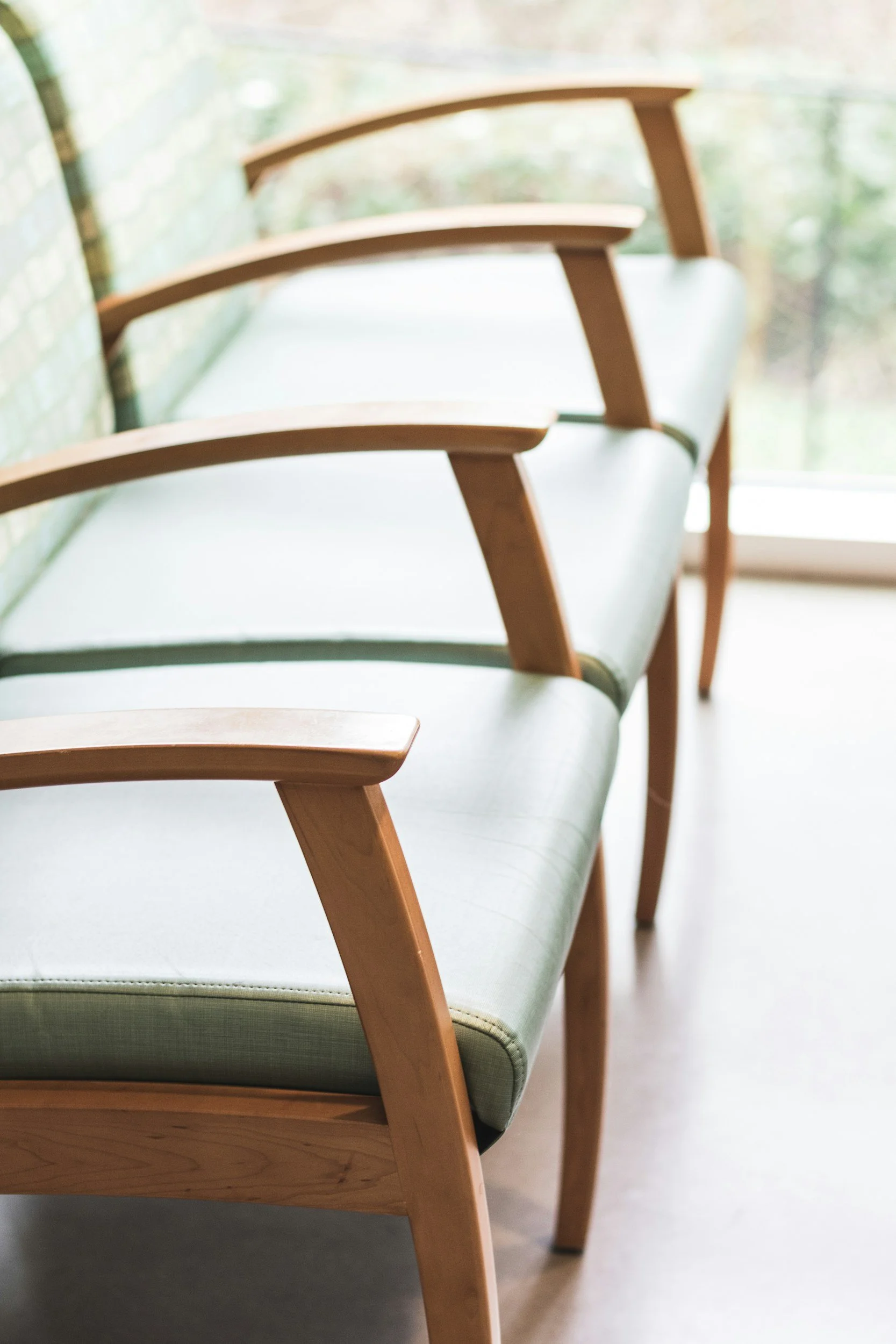PREOPERATIVE INSTRUCTIONS
We want your procedure and recovery to be as smooth as possible. Please read and follow these instructions carefully.
Keys to success: clean skin, clean clothes, no active infections, stopping blood thinners under supervision in advance, preparing your home medications in advance.
🚿🧼 Hygiene & Preparation
Shower or bathe the morning of your surgery. Wash your entire body thoroughly with soap and water.
Dry with a fresh, clean towel (do not reuse a previously used towel).
Put on clean, loose-fitting clothes.
If your surgery is on the leg: wear shorts for easier access.
Do not apply lotions, creams, or makeup near the surgery site.
😷 Infection Precautions
If you have any infection anywhere on your body (skin infection, cold, cough, urinary tract infection, etc.), please notify us.
Do not come in if you are sick or infected—your procedure will need to be rescheduled to avoid cross-contamination of wound sites.
TELL US IF YOU HAVE ANY SERIOUS CONDITIONS INCLUDING CANCER OR ARE TAKING IMMUNOSUPPRESSION/CHEMOTHERAPY
🛑 Medications & Blood Thinners
Blood thinners increase your risk of bleeding.
If you are taking any, please confirm with your prescribing physician whether it is safe to stop them before surgery.
Never stop prescription blood thinners without checking first, if its ok by the prescriber
Common blood thinners and supplements that affect bleeding include:
Prescription medications: Aspirin 325mg, Clopidogrel (Plavix), Warfarin (Coumadin, Jantoven), Apixaban (Eliquis), Rivaroxaban (Xarelto), Dabigatran (Pradaxa), Edoxaban (Savaysa), Heparin, Low molecular weight heparins (Lovenox, Fragmin).
Eliquis is usually stopped 3 days before and started 2 days after
Aspirin, plavix/clopidogrel is stopped 7 days
Warfarin (Coumadin) is stopped 5 days
Over-the-counter pain relievers can increase bleeding: Aspirin, Goody Powder, Excedrin, Ibuprofen (Advil, Motrin), Naproxen (Aleve), other NSAIDs like meloxicam.
Stop at least 7 days before
Supplements/herbals: Fish oil/omega-3s, Vitamin E, garlic, ginger, ginseng, ginkgo, turmeric, St. John’s Wort, green tea extract.
Stop at least 7 days before
Bring a full list of CURRENT medications and supplements with you to your appointment—LET US KNOW IF YOU ARE IMMUNOCOMPROMISED AND DON’T HEAL WELL (ON CANCER THERAPY OR STEROIDS)
📝 What to Bring
Medication list (including prescription and over-the-counter).
Pain medicine information: Tell us what you already have at home and what you usually take for pain.
Acetaminophen (Tylenol) and ibuprofen (Advil, Motrin) are safe to take after surgery.
Having a prescription pain medication available for the first couple of nights is strongly recommended, as staying ahead of pain makes recovery smoother.
Postoperative products (good to have on hand BEFORE your surgery)
Topical Growth Factor (Optional):
Applying epidermal growth factor (EGF) serum may help wounds heal faster and more smoothly.
MANDATORY: WASH THE WOUND!
Baby shampoo (or any mild gentle soap) helps keep the wound free of crust. Wash 3x daily. Wash gently and pat dry. It’s ok to touch and wash the wound with clean hands!
MANDATORY: VASELINE. Moisture is Key:
Wounds heal best when kept moist, not dry.
The simplest and most effective dressing is plain Vaseline, applied in a thin layer to protect and speed healing. Vaseline coated gauze is also available if you want/need.
This can help on day 3 + to decrease brusing and swelling; it also helps immediately postoperatively for patients that have flaps to encourage blood flow.
🥞 Eating & Drinking
Eat a normal breakfast and stay hydrated before your appointment.
🏥 After You Arrive
We will review your medical history, confirm the surgical site, and answer any last questions.
Local anesthesia will be used to keep you comfortable throughout the procedure. It may sting when it starts to work, but soon your site will feel numb and heavy. This feeling can last a couple of hours after you leave.
After surgery, you will be prescribed:
An oral antibiotic
Pain medicine
You may drive yourself home unless you opt to have a Valium before your procedure; then bring a driver or plan to uber home.
